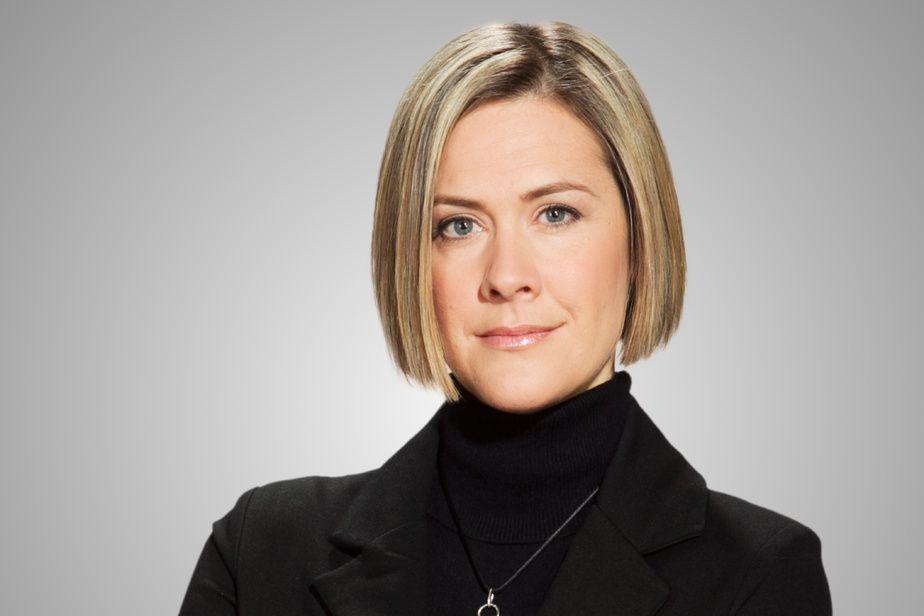Cell phones are already quite expensive in Canada. No need to pay in the butter for a device that already belongs to us. Unfortunately, this is happening on a large scale, with the blessing of the Canadian Radio-television and Telecommunications Commission (CRTC).
Published on August 29, 2020Stéphanie Grammond La PresseThe problem is very simple. Consumers who have purchased a cell phone have often financed it as part of a telecom provider's plan.
In these contracts of a maximum duration of 24 months, part of the monthly payments is used to reimburse the device and the other to pay for the service, even if the two components are not always isolated.
Logically, the price of the package should drop from the 25th month since the customer has paid for his phone in full. But this is not the case.
With most providers, including Bell, Rogers and Telus, it's up to consumers to take steps to stop paying for the device they own 100%.
Too bad for those who go straight!
***
Marie-Ève Dumont got caught. In mid-August, the Videotron customer learned by chance that her phone was fully paid for when she called customer service for another reason.
As if it were a gift, the attendant then offered him an $11 discount on his $62 monthly plan. “I find it quite deplorable that it is not done automatically when you have finished paying for the phone,” she denounces.
Since when did she pay in the butter? Videotron did not want to answer me. And the client does not remember being informed of the end of her contract.

The CRTC's Simplified Wireless Code requires service providers to notify their customers 90 days before their contract expires. But it does not force them to automatically reduce the price of the plan when the phone is paid for in full.
“Charging for nothing is unfair,” argues John Lawford, director of the Public Interest Advocacy Center.
Forcing consumers to take action to stop paying for a phone they own should not be the default option. It's ridiculous ! Not the slightest customer has any advantage in continuing to pay in butter. It's betting on people's ignorance and inertia.
“This is a completely unacceptable practice. But the organization responsible for monitoring the market has not given many signs that it wants to regulate the matter,” laments Anaïs Beaulieu-Laporte, analyst at the Union des consommateurs.
The CRTC should put its foot down! In the securities sector, the authorities intervened in 2017 to force several financial institutions to reimburse 320 million to customers who had been charged duplicate fees.
If we brought the banks back into line, why not telecoms?
***
But telecom providers have already gone elsewhere. In July 2019, they launched new funding plans that made the CRTC tick and encouraged it to launch consultations whose conclusion is still awaited.
By presenting these plans as “independent” of the telephone service, the providers bypassed the wireless code and financed the devices for 36 months instead of 24 (this is no longer the case).
Vendors claim a longer funding period would make phones more affordable, amid skyrocketing device prices. For example, the new iPhone 11 Pro Max was worth $1,519 when it was released in 2019, twice as much as the iPhone 5, which cost $700 when it was launched in 2012.
However, the Competition Bureau of Canada finds that financing plans over a longer period have not made the phones more accessible, because the suppliers have increased the price of the devices, by reducing their subsidy.
Telecom giants counter that financing plans are more transparent to customers. It is true that the invoice isolates the payments of the monthly tariff plan and those of the telephone which disappear automatically from the 25th month.
At first glance, this is good news.
Except that the contracts are based on temporary promotions on the price of telephone service, which will automatically increase it when payment for the telephone stops.
But there is worse. Some providers, such as Telus, are now offering consumers the ability to defer the down payment until the end of their contract. After two years, customers must therefore pay $200 or $300, or return their device, which has already been largely paid for.
And be careful: the phone must be in good condition. No crack. No defective pixel. A rule that could encourage customers to take out expensive insurance.
***
So what if your contract expires, like many consumers who signed their contract at the start of the school year?
Forget overconsumption and keep your device as long as it works.
Shop prices for a "bring your own phone" plan. The PlanHub website allows you to shop around in just a few clicks. Right now, an unlimited calling plan with 2GB of data costs $35 per month from Koodo and Virgin Mobile.
Negotiate an equivalent price with your current supplier. Otherwise, migrate elsewhere. It's easy as pie, and you keep your phone number.










SOS Public Hospital: our revelation...
The best smartphones for gaming in...
Free tips in video: Free Mobile off...
Google Maps: activate the new widge...